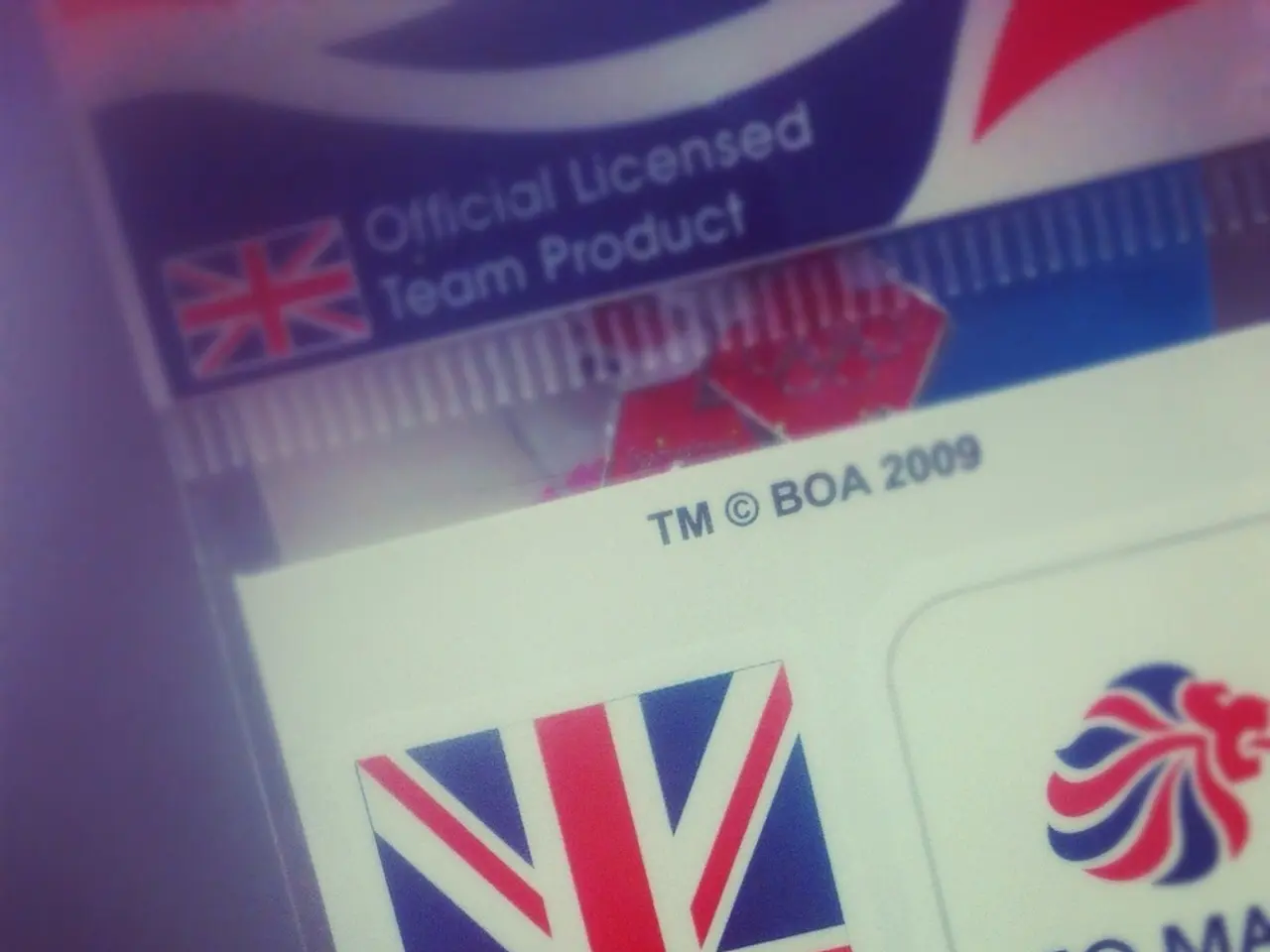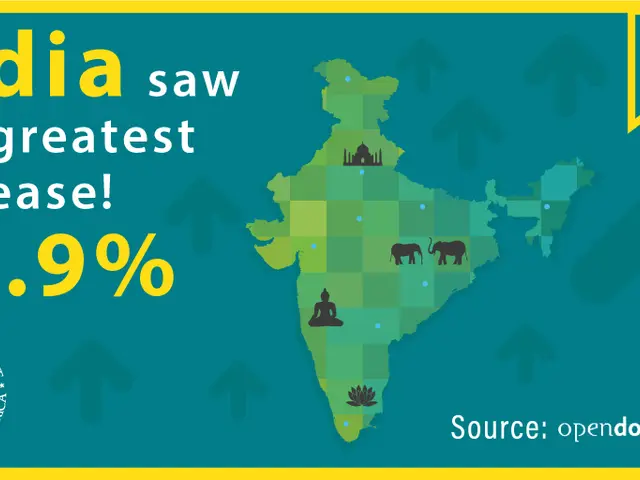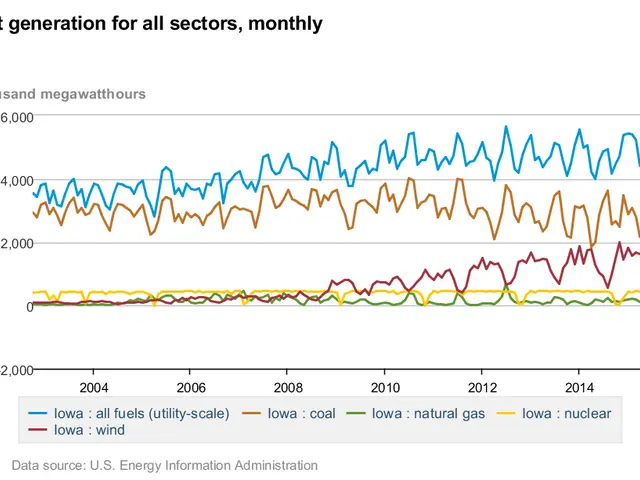List of the Top 15 Chief Compliance Officers in ALB for the Year 2025
In the dynamic world of business, chief compliance officers (CCOs) are playing an increasingly vital role in driving growth and innovation. These strategic thinkers are steering regulatory strategy in various industries, leveraging new technology, developing digital currency standards, and shaping ethical guidelines.
Chuan Lim Ang, for instance, is steering regulatory strategy for CIMB Singapore with a unique perspective, having worked at the Monetary Authority of Singapore (MAS) and as Binance's group head of regulatory compliance. Similarly, Joel Pang harmonizes Razorpay's licensing strategy, aligning fragmented jurisdictional requirements with group policies, and navigating Southeast Asia's regulatory mosaic.
Rayson Tan shapes industry standards as HSBC Singapore's compliance head, leveraging his IBF Fellowship and ACAMS Singapore Chapter directorship to mentor next-generation practitioners. Debbie Chau engineers integrity for McDonald's unique franchise ecosystem across 38 countries, transforming developmental licensees into self-regulating partners through anonymised case studies.
These executives are using new technology to manage risks, developing standards for digital currencies, and creating ethical guidelines. For example, John Chung deploys AI as a predictive shield at Intel Corporation, achieving significant cost savings through early risk detection and strategic alignment of controls with commercial priorities.
In fintech, CCOs develop adaptive compliance frameworks that accommodate evolving regulatory demands around digital currencies and embedded finance partnerships. Ekta Singh champions fintech compliance at Rapyd, demystifying fraud management and risk assessment through training programs and coalitions like the Singapore Fintech Association and Global Digital Finance.
Ethical compliance leads to stronger regulatory relationships, customer confidence, and stakeholder trust. CCOs act as cross-functional leaders bridging compliance, technology, and business teams. They help embed ethical standards into corporate culture, turning compliance obligations into opportunities to improve customer experience and operational efficiency, rather than obstacles.
Forward-looking CCOs treat compliance as a strategic enabler rather than a bottleneck. For instance, fintech firms that adopt a compliance-first mindset create smoother customer journeys and differentiate themselves from competitors by delivering faster, more reliable, and transparent services—even in complex cross-border settings. Smart utilization of compliance frameworks can reduce risks of enforcement actions and fines while boosting product growth and market positioning.
The evolving role of the CCO is that of a strategist and collaborator, not just a "no" voice or a risk police. CCOs actively participate in business planning and technology rollouts, helping organizations navigate complex audits and regulatory changes. This shift enables companies to innovate responsibly and scale effectively, leveraging compliance to attract top talent and investment.
Notable CCOs like Glen Chee, Malcolm Wright, Li Chian See, Prateek Sharma, Barbara Tsai, Robert MacDonald, and Ekta Singh are recognised for their contributions, earning recognition in the ALB Top 15 Chief Compliance Officers 2025. Wendy Chan built the compliance function from the ground up at Chanel APAC, embedding Anti-Bribery and Ethics frameworks across 12 luxury markets and advancing ethical sourcing through rigorous due diligence.
In summary, chief compliance officers contribute to business growth by embedding technology-driven, forward-looking compliance frameworks, shaping ethical standards, and reframing regulatory requirements as strategic advantages. They enable innovation, build trust, and enhance customer experiences, turning traditional compliance challenges into business opportunities across industries—especially in dynamic sectors like fintech and digital currency. This transformation marks the shift of the CCO from a reactive enforcer to a proactive growth enabler and business co-pilot.
[1] Deloitte. (2021). Global Compliance Trends 2021. [Online] Available at: https://www2.deloitte.com/content/dam/Deloitte/us/Documents/risk/us-risk-compliance-trends-2021.pdf
[2] KPMG. (2020). Navigating the Future of Compliance. [Online] Available at: https://home.kpmg/xx/en/home/insights/2020/06/navigating-the-future-of-compliance.html
[3] PwC. (2021). RegTech: The Future of Compliance. [Online] Available at: https://www.pwc.com/gx/en/services/risk-assurance/regtech/regtech-the-future-of-compliance.html
[4] EY. (2021). The Future of Compliance: A New Era of Opportunity. [Online] Available at: https://www.ey.com/Publication/vwLUAssets/The-future-of-compliance-a-new-era-of-opportunity/$FILE/EY-the-future-of-compliance-a-new-era-of-opportunity.pdf
[5] Accenture. (2021). The Future of Compliance: A New Era of Opportunity. [Online] Available at: https://www.accenture.com/us-en/insights/regulatory-compliance/future-of-compliance-new-era-opportunity
Read also:
- A Business Model Explained: Its Purpose and Benefits for Your Venture
- Deep-rooted reinforcement of Walkerhughes' acquisitions through strategic appointment of Alison Heitzman
- Unchecked Management of HP Dams Leads to Environmental Disaster: RTI Reveals
- CDU Hamm: Aim, Chosen Candidate, and Local Election Agenda





